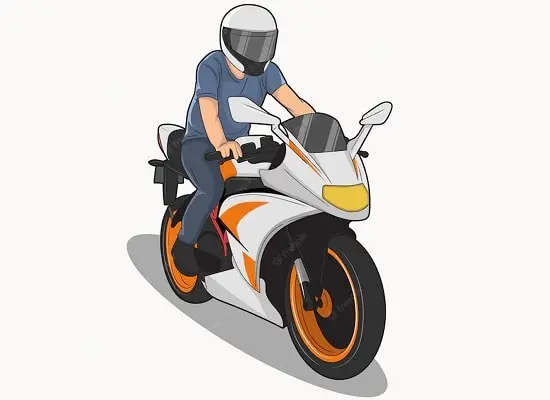Engine capacity, often measured in cubic centimeters (cc), is a essential factor while choosing a bike, as it affects the performance and power of the motorcycle. Motorcycles come in various shapes and sizes, each with its unique features and engine capacities. But does the engine capacity of your bike impact the approval of accident claims? Let’s inspect the relationship between bike engine capacity and accident claim approval with kotak bike insurance to help you understand how these factors are connected.
How engine capacity impacts riding experience?

Engine capacity, often referred to as “cc,” is a measurement of the volume of air and fuel that can be displaced within a motorcycle’s engine cylinders. It is one of the key factors that determine a bike’s power, speed and overall performance. Here’s how different engine capacities typically impact the riding experience:
Low engine capacity (Up to 200cc)
- Motorcycles with lower engine capacities are often considered beginner.
- They are fuel-efficient, easy to handle and typically have a top speed of 60-80 mph.
- These bikes are great for city commuting and short trips.
Medium engine capacity (200-500cc)
- Medium-capacity bikes offer a balance between performance and practicality.
- They offer decent power for highway cruising and are usually chosen by riders looking for a versatile option for both city and long-distance riding.
High engine capacity (500cc and above)
- High-capacity motorcycles are known for their power and speed.
- These bikes are built for performance, and they can reach top speeds well over 100 mph.
- They are typically chosen by experienced riders who appreciate the thrill of high-performance biking.
Does engine capacity affect accident claim approval?
When it comes to accident claim approval, engine capacity itself does not directly impact the decision. Two-wheeler bike insurance claims are primarily assessed based on the circumstances of the accident, your policy coverage and your adherence to the terms and conditions of your insurance policy. Here are the key factors that influence bike insurance claim approval:
- If you have a comprehensive policy, it will typically cover a wide range of accidents, regardless of your bike’s engine capacity. On the other hand, third-party insurance covers damages to the other party in an accident but may not cover damage to your own bike.
- Investigating the cause of the accident will help to determine whether it falls under the terms of your policy. Whether the accident was caused by another party’s negligence or your own actions is a critical factor in bike accident insurance claim.
- Adhering to traffic laws and regulations at the time of the accident is assessed. Violations, such as riding without a valid license or riding under the influence, can lead to two-wheeler insurance claim
- Complying with the terms and conditions of your insurance policy is essential.
- Regular maintenance and keeping your bike in good working order can positively influence claim approval.
- If the accident is deemed to be your fault, it can impact your claim approval.
In conclusion
Engine capacity is not a direct cause of accident claim approval. Regardless of your bike’s engine capacity, taking appropriate safety measures and maintaining compliance with your policy will help ensure a smoother claims process in the event of an accident. Stay tuned with kotak bike insurance, for more such information.
Santosh Kumar, the author behind IndiasStuffs.com, is passionate about sharing valuable insights on a variety of topics, including lifestyle, technology, and Indian culture.
Page Contents

